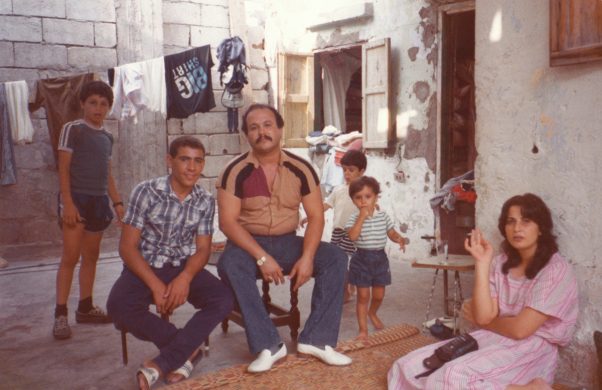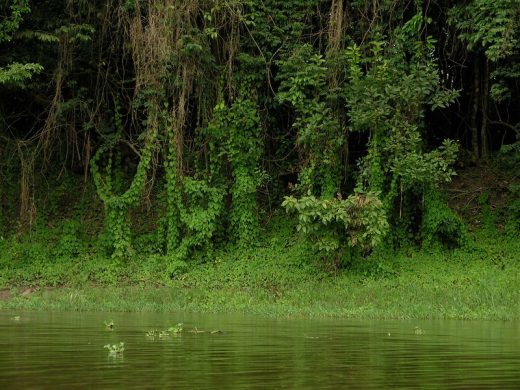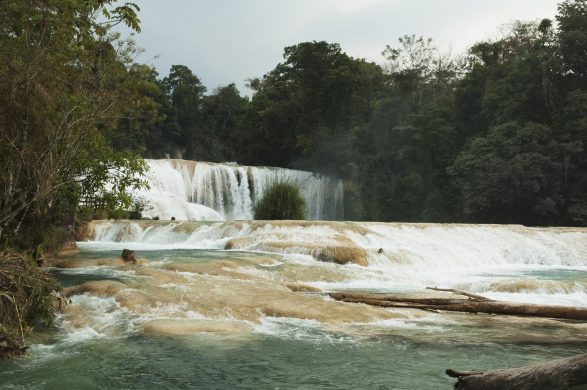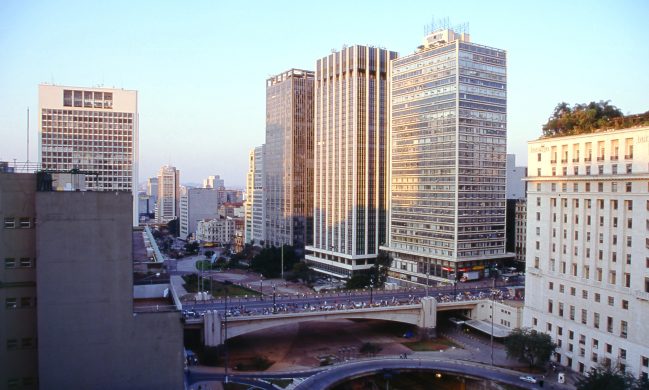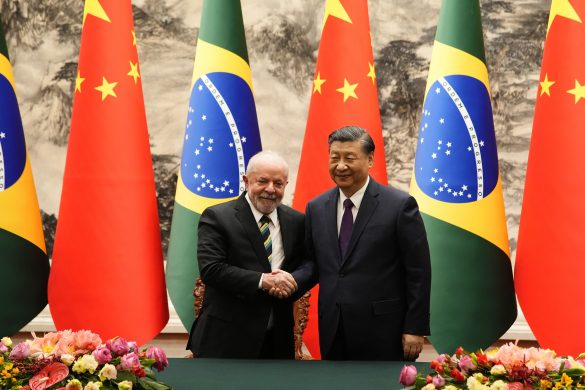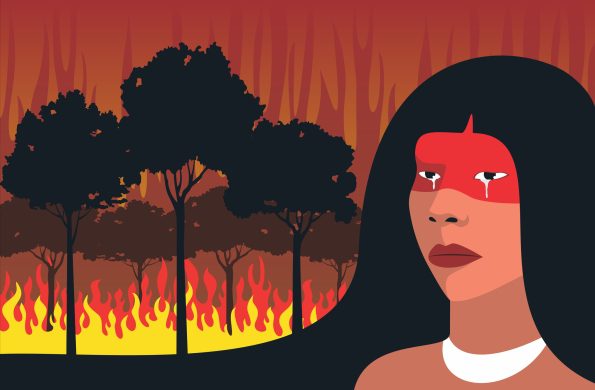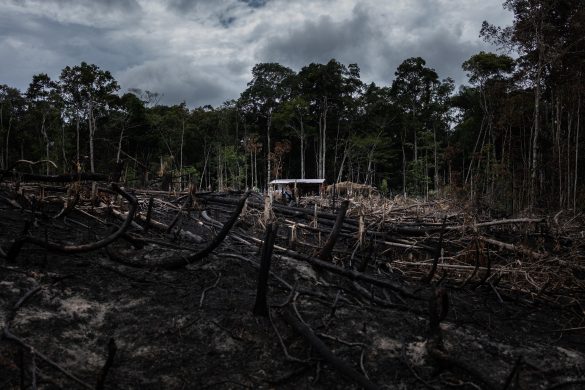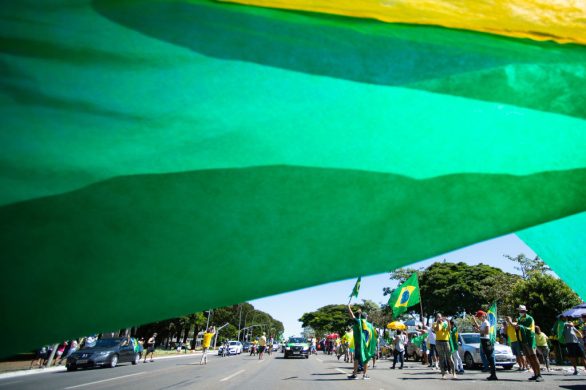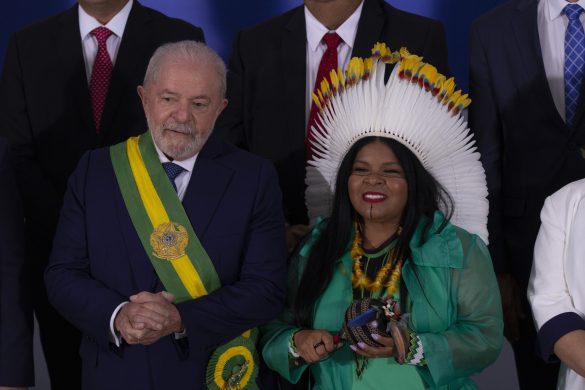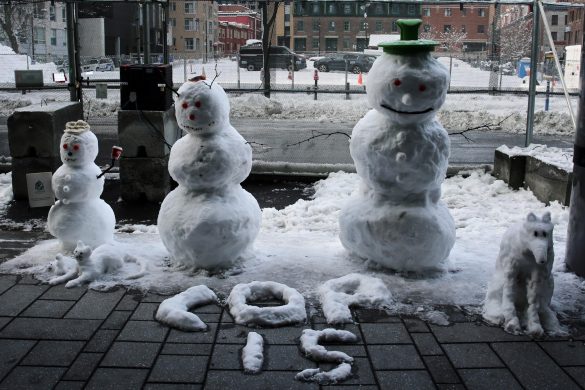Det fremgår af en pressemeddelelse mandag fra den brasilianske NGO Obersevatório do Clima:
The test events undertook for the Olympic Games in Rio allowed to check more than the structure and organization of the event: they were also an opportunity to see the impact of global warming upon sports.
They include a conservative perspective about record-breaking in marathon and other sports that require endurance, such as soccer, triathlon, race walking, tennis and even the struggles and collective practices reaching 30 minutes of effort, since heat compromises the performance of athletes.
But they go beyond that: henceforth, increasingly higher temperatures will raise the life-threatening risks of sports practice, specially in tropical countries.
Climate change already affects athletes
This is the main conclusion of the study "Further Away from Podium – How Climate Change Affects Sports in Brazil", coordinated by the Brazilian organization Climate Observatory, which collected data from medical studies on the subject around the world and heard sports doctors, physical trainers and athletes.
"In the interviews for this study, we could see how global warming is tangible and already affects the life and the performance of athletes", explained the journalist Claudio Angelo, communication director of Climate Observatory, author of the book "The Spiral of Death" on climate change, and coordinator of this research.
"All the data collected show that the sports world is already suffering the impact of increasingly high temperatures and that it needs to adapt quickly to this new scenario", he said.
Changes of scheduled events
In addition to increased attention and more sophisticated technology focused on health and thermal adaptation of athletes before, during and after competitions, climate change is imposing changes in calendars and schedules of events.
In this Olympics, for example, six football games taking place at the Amazon Arena in Manaus were relocated to 6 PM due to the strong heat from 1 PM, the time initially scheduled.
In the 2014 World Cup, two games needed technical timeout when what is called the wet bulb temperature in the stadiums in Fortaleza and Manaus reached 32°C.
In Brazil, a strong voice supports that games be played at times that do not compromise performance and physical integrity of athletes caused by excessive heat: the present coach of the Brazilian soccer team, Tite.
A soccer match at 11 AM is inhumane
Recently, still as coach of local soccer team Corinthians and during the Brazilian Championship Football 2016, he complained publicly when CBF scheduled a game for 11 AM: "to the athlete who has to work, this time is inhumane. And I know what I'm talking about. Playing at 11 AM is inhumane", he said.
Heat disorders: this is the name that science gives the consequences of heat stress caused by the overheating of the body, according to the physiologist Orlando Laitano, licensed professor at the University of São Francisco Valley, in Pernambuco, and researcher at the University of Florida, USA.
And there is a reason for that: excessive heat causes a reaction of the immune system similar to the invasion by a virus or a harmful bacterium.
But the reaction is usually faster and more intense and can end up in a hospitalization framework equivalent to a sepsis, a generalized infection. In other words: excessive heat kills. And there have been cases proving it.
Test is proving impact of global warming
The test events for the Olympic Games in Rio de Janeiro have proved the impact of global warming.
In midwinter, triathletes started their race under a heat of 35°C and a relative humidity of 70%, making the director of medical services of the Organizing Committee Rio2016 feel apprehensive: high heat and humidity are the perfect conditions for triggering hyperthermia, increased body temperature capable of causing physiological reactions in a dangerous sequence.
In the test of athletic march held on a weekend of February with 41% air humidity and temperature of 38°C, 11 of the 18 participants succumbed.
In 2015, a female soccer game in Piaui had to be stopped after nine players got sick from too much heat.
"Athletes are already feeling the effects of climate change in practice. That is why they are joining the campaign '1.5°C: the record we must not break', which draws attention to the maximum limit of global warming we can bear. Above that, the risk is too high", says Carlos Rittl, executive secretary of the Climate Observatory.
12 Brazilian cities will have restrictions
If the goals of the climate agreement in Paris are not met, 12 Brazilian cities will have restrictions on sports practice during various periods of the year between 2070 and 2099.
In Manaus, it will be impossible to practice sports in non-air-conditioned external environment at any time of year. Associated with health, sports can become just the opposite of it because of the main cause of global warming: air pollution caused by burning fossil fuels.
This is because the respiratory volume increases during exercise, especially in the heat. Consequently, the athlete – professional or amateur – can inspire more sulfur dioxide, fine particulates and other compounds that cause immediate damage to the lungs.
Specialized in adapted physical activity, Luzimar Teixeira, from the School of Physical Education and Sport at the University of São Paulo, foresees a relatively young generation of former athletes with severe respiratory problems, like a labor disease.
And, sarcastically, warns that is healthier to drink beer (in the shade) than to do outdoor sports in hot days and in polluted places.
That is, not only elite athletes who participate in major competitions need to take care: amateurs and weekend athletes also need to review where and when they practice physical activities.



